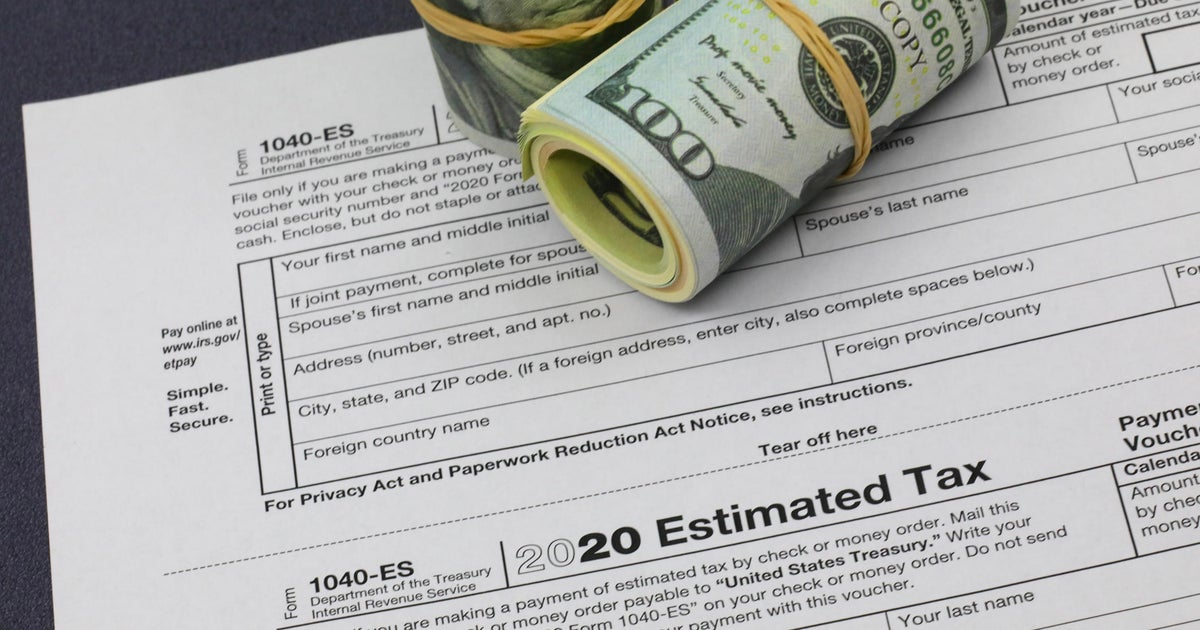- Joined
- Oct 22, 2002
- Messages
- 47,308
- Location
- Frozen in Michigan
- Gender
- Old Fart
- Basic Beliefs
- Don't be a dick.

Billionaires pay a lower tax rate than the rest of America's taxpayers, new study finds
The wealthiest 400 people in the U.S. pay a tax rate of 24%, lower than the average rate for all other taxpayers, economists find.
MONEYWATCH
Billionaires pay a lower tax rate than the rest of America's taxpayers, new study finds
By
Aimee Picchi
Edited By
Alain Sherter
August 27, 2025 / 7:58 AM EDT / CBS News
The rich are different from other people — and that also applies to the share of their income they pay in taxes, according to a new study from University of California, Berkeley, economists.
The individuals who make up the Forbes 400 list, topped by Tesla CEO Elon Musk with a fortune of $244 billion, paid an average effective tax rate of 24% from 2018 to 2020, compared with a 30% rate for all other U.S. taxpayers, the researchers said in a new paper published in the National Bureau of Economic Research.
The research comes as President Trump's "big, beautiful bill," signed into law on July 4, delivers its largest benefits to the highest-earning Americans through a mix of new and extended tax breaks. Those include raising the estate-tax exemption to $15 million per person, up from about $14 million.
The changes build on an earlier tax cut — the Tax Cuts and Jobs Act, Mr. Trump's signature first-term legislation. That 2017 law reduced the effective tax rate for the richest Americans from 30% to 24%, the researchers found.
The new findings — from Berkeley economists and noted inequality experts Emmanuel Saez and Gabriel Zucman — calculates the tax rate by tallying all income taxes, as well as corporate taxes that are paid by the companies owned by the richest Americans. In other words, it assigns a share of Amazon's corporate taxes to that of Amazon founder Jeff Bezos when calculating his total tax burden.
